From Blocks to Reality: DIY Minecraft Crafts That Bring the Game to Life
If your kids are Minecraft fans, chances are you’ve heard all about creepers, redstone, and diamond swords. But when it’s time to unplug, keeping that pixelated energy going in the real world can be just as fun—and a lot more hands-on. Minecraft crafts offer the perfect way to combine their love for the game with creativity, imagination, and maybe even a little learning. The best part? You don’t need fancy supplies or advanced crafting skills to bring these ideas to life.
Crafting Fun for Every Skill Level
There’s something special about crafting a sword you can actually swing or a torch that lights up with a small LED. If you’re looking for activities that go beyond the screen, Minecraft-inspired craft projects for kids are a great way to engage different age groups. Younger kids might enjoy painting cardboard blocks to build their own real-world fort, while older ones can take on more detailed builds like crafting a foam pickaxe or even sewing a plush Enderman. These kinds of projects not only keep them entertained but also develop fine motor skills and patience—bonus.
DIY Minecraft Costumes for Dress-Up Fun
Whether it’s for Halloween, a birthday party, or just a rainy day, DIY Minecraft costumes are always a win. A cardboard box, some paint, and a little patience can turn into a pixel-perfect Steve head. Add a diamond sword made from foam board, and suddenly your living room becomes an epic adventure zone. These costumes aren’t just great for play—they also make for some amazing photo ops.
Build Your Own Paper Pixel World

The easiest ways to recreate the Minecraft universe is with paper. From pickaxes to mobs, printable templates let kids cut, fold, and build their own characters and items. These 3D paper crafts are simple enough for younger kids but detailed enough to keep older ones entertained, too. Whether it’s Steve or a creeper, a whole Minecraft world can come together using just scissors, glue, and imagination.
Perler Bead Creations They’ll Love
Perler beads are a crafter’s best friend when it comes to Minecraft projects. Their grid-like design mimics the pixelated look of the game perfectly. Kids can use them to make keychains, magnets, or character sprites of their favorite in-game figures. With a little planning (and some ironing help from an adult), these bead creations can become part of a backpack, room décor, or a handmade gift.
Bring the Blocks to the Kitchen
Who says crafts have to be made of paper or glue? Take things to the kitchen and try Minecraft-themed snacks and treats. Cookie cutters shaped like swords or creepers, square Rice Krispies dyed green, or “dirt block” brownies layered with frosting and crushed cookies are all big hits. It’s a great way to mix creative play with a tasty reward at the end.
Decorate Their Room, Minecraft Style
Bring the look of Minecraft into your child’s space with crafts that double as room décor. Think hand-painted block-themed wall art, cube-shaped storage bins painted like TNT or grass blocks, and custom light switch covers. These projects are fun to make and let kids feel like they’ve stepped right into their favorite game every time they walk into their room. You don’t have to fight your child’s love of Minecraft—in fact, embracing it through hands-on crafts can lead to hours of creative fun. Whether they’re folding paper figures, melting beads, baking themed snacks, or painting blocks, these activities make the digital world come to life. And the best part? You’ll be building more than just crafts—you’ll be building memories, too.…
Learn More

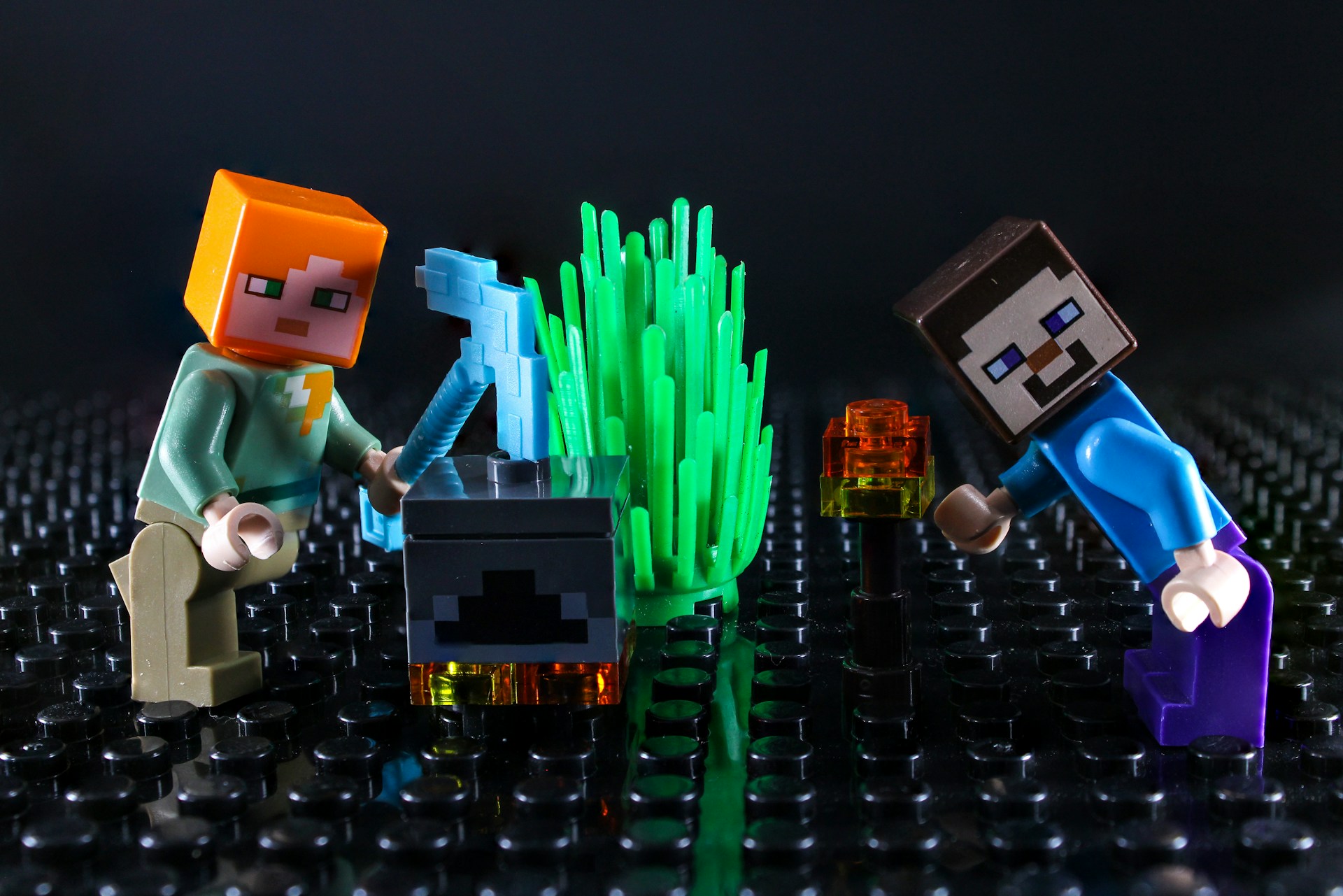







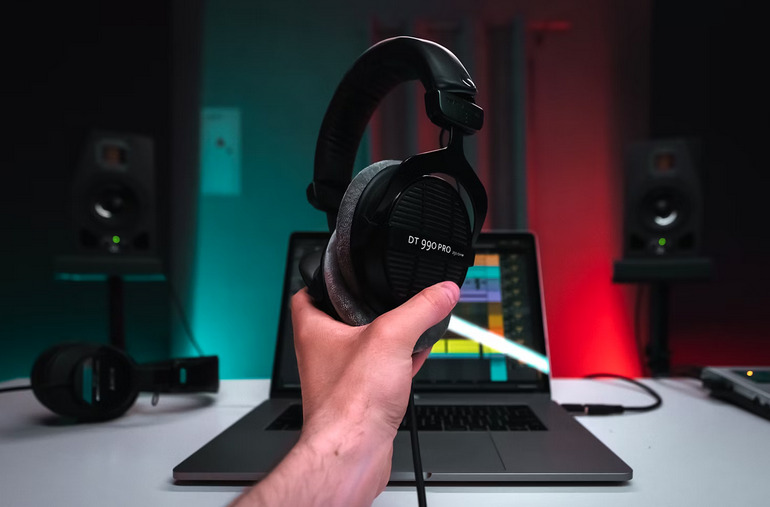



 Escape Rooms provide an unparalleled opportunity for teamwork and collaboration. Whether you’re with a group of friends, colleagues, or family members, working together to solve puzzles and unravel mysteries fosters a sense of camaraderie and accomplishment. The challenges in an Escape Room require different skills and perspectives, making it necessary for team members to communicate effectively and pool their strengths.
Escape Rooms provide an unparalleled opportunity for teamwork and collaboration. Whether you’re with a group of friends, colleagues, or family members, working together to solve puzzles and unravel mysteries fosters a sense of camaraderie and accomplishment. The challenges in an Escape Room require different skills and perspectives, making it necessary for team members to communicate effectively and pool their strengths.
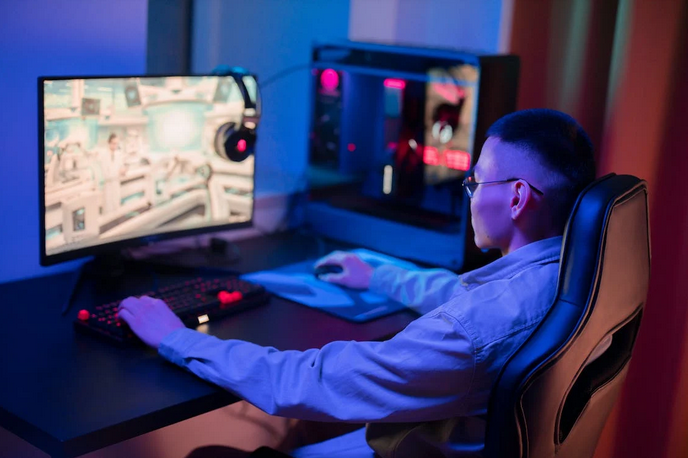

 Guys, let’s not forget about the accessories that make a game room complete. A mini-fridge for drinks, a popcorn machine for snacks, an air hockey table or foosball table to add some competitive fun, and of course, plenty of game items such as controllers, gaming headsets, and other gadgets. What’s more, a few decorations here and there, such as posters, wall art, or framed photos, can add some personality to your game room.
Guys, let’s not forget about the accessories that make a game room complete. A mini-fridge for drinks, a popcorn machine for snacks, an air hockey table or foosball table to add some competitive fun, and of course, plenty of game items such as controllers, gaming headsets, and other gadgets. What’s more, a few decorations here and there, such as posters, wall art, or framed photos, can add some personality to your game room.
 One of the most exciting ways technology changes the sports experience is through wearable gadgets. These gadgets, such as fitness trackers and smartwatches, can provide fans with real-time data and statistics about their favorite players and teams. This information can help to enhance the viewer’s understanding and enjoyment of the game. In addition, wearable gadgets can also be used to place bets on sporting events, adding an element of excitement and competition to the experience.
One of the most exciting ways technology changes the sports experience is through wearable gadgets. These gadgets, such as fitness trackers and smartwatches, can provide fans with real-time data and statistics about their favorite players and teams. This information can help to enhance the viewer’s understanding and enjoyment of the game. In addition, wearable gadgets can also be used to place bets on sporting events, adding an element of excitement and competition to the experience. Lastly, technology has also given rise to professional e-sports. These competitive video gaming tournaments feature some of the best gamers in the world. These events are often live-streamed and attract vast audiences of spectators. Thanks to technology, anyone can now watch and enjoy these exciting competitions. In addition to providing entertainment, they are also a great way to learn about new games and meet other gamers from around the world.
Lastly, technology has also given rise to professional e-sports. These competitive video gaming tournaments feature some of the best gamers in the world. These events are often live-streamed and attract vast audiences of spectators. Thanks to technology, anyone can now watch and enjoy these exciting competitions. In addition to providing entertainment, they are also a great way to learn about new games and meet other gamers from around the world.
 The first step is to come up with a concept for your habitat. What kind of environment are you going to create? This is where your imagination comes into play. Will it be a jungle, a desert, an underwater world, or something else entirely? Once you have an idea of what you want to make, you can start planning out your design. If you need some inspiration, there are plenty of examples online. A quick search for “lego minifigure habitats” will show you some amazing things people have created. Once you have an idea of what you want to build, it’s time to get started.
The first step is to come up with a concept for your habitat. What kind of environment are you going to create? This is where your imagination comes into play. Will it be a jungle, a desert, an underwater world, or something else entirely? Once you have an idea of what you want to make, you can start planning out your design. If you need some inspiration, there are plenty of examples online. A quick search for “lego minifigure habitats” will show you some amazing things people have created. Once you have an idea of what you want to build, it’s time to get started. Getting the right bricks is essential to creating your habitat. You’ll need various colors and shapes to make the right look. If you’re unsure what kind of bricks you need, plenty of resources online can help you out. The most common bricks are two-by-two square bricks and one-by-one round plates. These are the building blocks of most Lego creations, so it’s a good idea to have a lot of them on hand. You’ll also need specialty bricks for doors, windows, and roofs.
Getting the right bricks is essential to creating your habitat. You’ll need various colors and shapes to make the right look. If you’re unsure what kind of bricks you need, plenty of resources online can help you out. The most common bricks are two-by-two square bricks and one-by-one round plates. These are the building blocks of most Lego creations, so it’s a good idea to have a lot of them on hand. You’ll also need specialty bricks for doors, windows, and roofs. Once you have the base built, you can start adding walls, doors, and windows. Your accessories will make your habitat unique and alive. You can use Lego furniture, plants, and even minifigures to make it your own. Be creative and have fun with it. The sky’s the limit when it comes to accessories. There won’t be any two habitats that are exactly alike.
Once you have the base built, you can start adding walls, doors, and windows. Your accessories will make your habitat unique and alive. You can use Lego furniture, plants, and even minifigures to make it your own. Be creative and have fun with it. The sky’s the limit when it comes to accessories. There won’t be any two habitats that are exactly alike.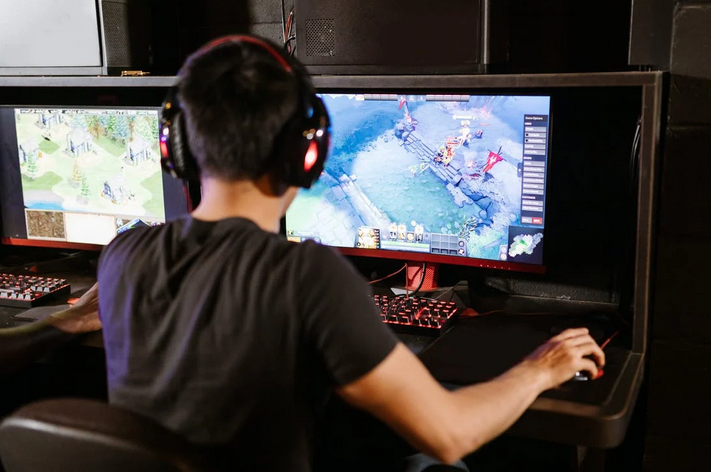
 The first step to getting an epic comeback in DOTA is always to stay calm and focused on the objective. When you’re feeling stressed or angry, it’s easy to make mistakes that can cost you the game. So take a few deep breaths, relax, and remember your goal. Once you’ve done that, you can start thinking about your next move. Also, don’t let the enemies destroy your teamwork. You need to rely on your team and work together to achieve victory. So, please communicate with your teammates, come up with a plan, and execute it flawlessly.
The first step to getting an epic comeback in DOTA is always to stay calm and focused on the objective. When you’re feeling stressed or angry, it’s easy to make mistakes that can cost you the game. So take a few deep breaths, relax, and remember your goal. Once you’ve done that, you can start thinking about your next move. Also, don’t let the enemies destroy your teamwork. You need to rely on your team and work together to achieve victory. So, please communicate with your teammates, come up with a plan, and execute it flawlessly. It’s a must for you always to pick the right items to combat their aggressiveness. If you’re up against a team full of DPS (Damage per second) characters, you need to buy items to help you survive their attacks. On the other hand, if you’re up against a team with tanky characters, you need to purchase items that will help you deal more damage. It all depends on the situation. But as long as you pick the right items, you’ll be able to get an epic comeback in DOTA 2.
It’s a must for you always to pick the right items to combat their aggressiveness. If you’re up against a team full of DPS (Damage per second) characters, you need to buy items to help you survive their attacks. On the other hand, if you’re up against a team with tanky characters, you need to purchase items that will help you deal more damage. It all depends on the situation. But as long as you pick the right items, you’ll be able to get an epic comeback in DOTA 2. The next step is never to skip analyzing your opponents’ weaknesses and strengths. It will give you a significant advantage in the game. You can learn much about your opponents by watching their previous matches. Also, when you stay focused, even if it seems like you’re losing, you need to analyze how they move and execute their minor and major skills. Pay attention to what they’re doing right and wrong, and try to figure out how you can exploit their weaknesses. If you can do this, you’ll be one step closer to getting an epic comeback.
The next step is never to skip analyzing your opponents’ weaknesses and strengths. It will give you a significant advantage in the game. You can learn much about your opponents by watching their previous matches. Also, when you stay focused, even if it seems like you’re losing, you need to analyze how they move and execute their minor and major skills. Pay attention to what they’re doing right and wrong, and try to figure out how you can exploit their weaknesses. If you can do this, you’ll be one step closer to getting an epic comeback.
 Pokémon GO took the world by storm when it was released in 2016. The premise is simple – catch Pokémon using your phone’s camera in the real world. With a constantly-changing map and a host of new features added regularly, there’s always something new to do in Pokémon GO. Whether you’re a seasoned veteran or a new player, Pokémon GO is definitely worth checking out. There’s no shortage of people to play with millions of active players. So grab your phone and get started on your Pokémon journey today.
Pokémon GO took the world by storm when it was released in 2016. The premise is simple – catch Pokémon using your phone’s camera in the real world. With a constantly-changing map and a host of new features added regularly, there’s always something new to do in Pokémon GO. Whether you’re a seasoned veteran or a new player, Pokémon GO is definitely worth checking out. There’s no shortage of people to play with millions of active players. So grab your phone and get started on your Pokémon journey today. Fortnite is the biggest game in the world right now, and for a good reason. This free-to-play battle royale game is a blast to play with friends. Drop into a map with 100 players, and fight your way to the top using strategy and skill. With new updates and challenges added regularly, Fortnite keeps you on your toes. With so many people playing, there’s always someone to play with. So, what are you waiting for? Download Fortnite now and start your battle royale journey.
Fortnite is the biggest game in the world right now, and for a good reason. This free-to-play battle royale game is a blast to play with friends. Drop into a map with 100 players, and fight your way to the top using strategy and skill. With new updates and challenges added regularly, Fortnite keeps you on your toes. With so many people playing, there’s always someone to play with. So, what are you waiting for? Download Fortnite now and start your battle royale journey.
 We’re starting strong with this one. Mesut Ozil is a German midfielder who has played for some of the biggest clubs in Europe, including Real Madrid and Arsenal. He is known for his incredible passing ability and knack for making assists. On October 12th, 2013, Ozil made one of the best assists in history during a match against Ludogorets Razgrad. With the game tied at 0-0, Ozil received the ball from Kieran Gibbs and passed it back to him in one fluid motion.
We’re starting strong with this one. Mesut Ozil is a German midfielder who has played for some of the biggest clubs in Europe, including Real Madrid and Arsenal. He is known for his incredible passing ability and knack for making assists. On October 12th, 2013, Ozil made one of the best assists in history during a match against Ludogorets Razgrad. With the game tied at 0-0, Ozil received the ball from Kieran Gibbs and passed it back to him in one fluid motion. Now for our final entry on this list, Argentine striker Lionel Messi. Messi is widely considered the greatest player of all time and has won numerous awards throughout his career, including the prestigious Ballon d’Or, on five occasions. On May 27th, 2009, he made an assist that will go down in history as one of the best ever in Europe’s top club competition: The Champions League final between Barcelona and Manchester United at Rome’s Olympic Stadium.
Now for our final entry on this list, Argentine striker Lionel Messi. Messi is widely considered the greatest player of all time and has won numerous awards throughout his career, including the prestigious Ballon d’Or, on five occasions. On May 27th, 2009, he made an assist that will go down in history as one of the best ever in Europe’s top club competition: The Champions League final between Barcelona and Manchester United at Rome’s Olympic Stadium.
 Don’t buy a watch because you think everyone else is wearing one. Instead, do your research to find out which watches are popular in the industry and for a good reason. Wearing what’s trending can make you look like every other person with that type of accessory when instead you should be looking to make a personal statement.
Don’t buy a watch because you think everyone else is wearing one. Instead, do your research to find out which watches are popular in the industry and for a good reason. Wearing what’s trending can make you look like every other person with that type of accessory when instead you should be looking to make a personal statement.
 Finally, you should make sure that the company offers services in your country. If they do not provide these services where you live, it will be difficult for them to give likes and other features on your account. Please make sure this is something they can accommodate before signing up. If needed, you can use marketplaces such as Fiverr or Upwork.
Finally, you should make sure that the company offers services in your country. If they do not provide these services where you live, it will be difficult for them to give likes and other features on your account. Please make sure this is something they can accommodate before signing up. If needed, you can use marketplaces such as Fiverr or Upwork.

 Call of Duty or popularly known as COD, is one of the most popular combat games available. They offer gaming software for both consoles and mobile devices. It makes it convenient for enthusiasts to enjoy their favorite game on both consoles and smartphones. One of the fun things about playing Call of Duty is that there are many game types to choose from. You can play team deathmatch, capture the flag or even zombie mode.
Call of Duty or popularly known as COD, is one of the most popular combat games available. They offer gaming software for both consoles and mobile devices. It makes it convenient for enthusiasts to enjoy their favorite game on both consoles and smartphones. One of the fun things about playing Call of Duty is that there are many game types to choose from. You can play team deathmatch, capture the flag or even zombie mode. Grand Theft Auto (GTA) has been a famous game since its launch in the market. With many updates and iterations, it’s still played by millions of gamers around the world. This game has also been regarded as a gateway into online video gaming for beginners who want to try out this type of activity with their friends. GTA is an open-world action-adventure game that lets players roam freely in virtual cities based on real life.
Grand Theft Auto (GTA) has been a famous game since its launch in the market. With many updates and iterations, it’s still played by millions of gamers around the world. This game has also been regarded as a gateway into online video gaming for beginners who want to try out this type of activity with their friends. GTA is an open-world action-adventure game that lets players roam freely in virtual cities based on real life.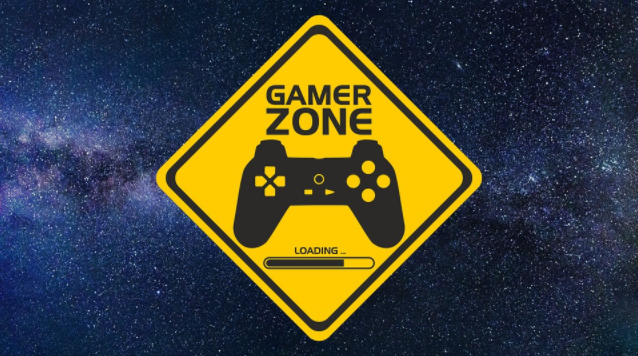




 The drummer needs to make sure the song sounds the same way the computer keeps time. For drummers, metronomes and click tracks are important tools. You can also practice your timing skills by playing your favorite songs on recordings, or just turning on the radio and playing any song. This is a great way to learn, as the drummers you listen to will be more experienced than you and will have already mastered a high level of musicianship. You can listen to the tempo with headphones.
The drummer needs to make sure the song sounds the same way the computer keeps time. For drummers, metronomes and click tracks are important tools. You can also practice your timing skills by playing your favorite songs on recordings, or just turning on the radio and playing any song. This is a great way to learn, as the drummers you listen to will be more experienced than you and will have already mastered a high level of musicianship. You can listen to the tempo with headphones.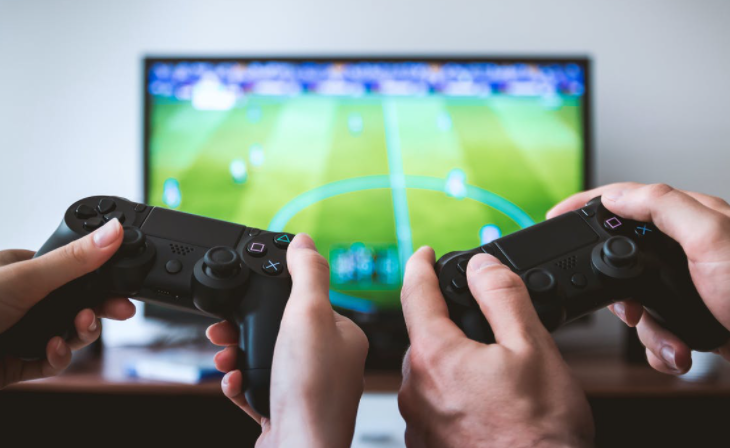

 To increase your chances of winning the most matches in FIFA 22, it is important to create your ultimate group. This group should consist of high-quality and valuable players. However, we have to use FIFA 22 coins to acquire almost all the high-level players. So what should we do? IGVault offers exceptional and reliable solutions and guaranteed payment protection.
To increase your chances of winning the most matches in FIFA 22, it is important to create your ultimate group. This group should consist of high-quality and valuable players. However, we have to use FIFA 22 coins to acquire almost all the high-level players. So what should we do? IGVault offers exceptional and reliable solutions and guaranteed payment protection. First of all, it’s time to take a look at the small bidding technique. I only do this in conjunction with the technique above because it’s easy enough to add another 50 coins to the bid instantly, I don’t do it nearly as often. Large bidding is something I do more often. You may find it strange as I look for a short bid as possible get to your best bid stage faster and place the bid.
First of all, it’s time to take a look at the small bidding technique. I only do this in conjunction with the technique above because it’s easy enough to add another 50 coins to the bid instantly, I don’t do it nearly as often. Large bidding is something I do more often. You may find it strange as I look for a short bid as possible get to your best bid stage faster and place the bid.

 After finding the most suitable types of bong design for you, you should also learn how to find the best type of bong materials. Here are some of the most common types of materials of the bong.
After finding the most suitable types of bong design for you, you should also learn how to find the best type of bong materials. Here are some of the most common types of materials of the bong.
 It is most likely that the seating arrangement is made in this way so that you can split the seating arrangement differently. This is the best way to create a comfortable space within your spacious entertainment room. Follow the repetition to avoid randomness and you can arrange wooden furniture and accessories in a large entertainment area. Unify your design with persistent color choices and fabric patterns to make it visually appealing.
It is most likely that the seating arrangement is made in this way so that you can split the seating arrangement differently. This is the best way to create a comfortable space within your spacious entertainment room. Follow the repetition to avoid randomness and you can arrange wooden furniture and accessories in a large entertainment area. Unify your design with persistent color choices and fabric patterns to make it visually appealing. Style with larger frames and large-scale wall art, and use several small elements to create large-scale visual appeal. If you’ve never tried decorating a small entertainment room, it could be simple. With a little diligence and an exceptional imagination, you can turn even the smallest room into a decorative showplace. In case you keep aside the small, then create your large entertainment room cozy enough. This is an entertainment area where you can opt for a TV or gaming console, a coffee table with a perfect seating arrangement.
Style with larger frames and large-scale wall art, and use several small elements to create large-scale visual appeal. If you’ve never tried decorating a small entertainment room, it could be simple. With a little diligence and an exceptional imagination, you can turn even the smallest room into a decorative showplace. In case you keep aside the small, then create your large entertainment room cozy enough. This is an entertainment area where you can opt for a TV or gaming console, a coffee table with a perfect seating arrangement.

 g hguWhile you’ll be able to play songs on the guitar relatively quickly, delving into the instrument requires a lot more work. You will probably need to be able to play solos and possibly even learn to improvise. There’s still a long way to go for a beginner, but there’s no reason not to start laying the groundwork. However, it would be best not to push yourself too hard. It allows you to appreciate the learning process.
g hguWhile you’ll be able to play songs on the guitar relatively quickly, delving into the instrument requires a lot more work. You will probably need to be able to play solos and possibly even learn to improvise. There’s still a long way to go for a beginner, but there’s no reason not to start laying the groundwork. However, it would be best not to push yourself too hard. It allows you to appreciate the learning process.
 Well, there are a lot of specialists who own a fantastic amount of authorized bands. Money is the most obvious. However, this funding requires them to become a profitable business system, all under a valid and binding contract. But I digress. Conversion freedom is the most obvious here. It’s a simple fact that a great agent/promoter will help them climb some pretty long steps, but it’s not critical. It’s like being your boss and making money for yourself instead of for a big company. You don’t have to answer anyone. Pursue your personal goals.
Well, there are a lot of specialists who own a fantastic amount of authorized bands. Money is the most obvious. However, this funding requires them to become a profitable business system, all under a valid and binding contract. But I digress. Conversion freedom is the most obvious here. It’s a simple fact that a great agent/promoter will help them climb some pretty long steps, but it’s not critical. It’s like being your boss and making money for yourself instead of for a big company. You don’t have to answer anyone. Pursue your personal goals. You will find countless hundreds of indie bands all over the world. Almost all of them have sites to promote their songs. And we thank everyone for following their impulse to express themselves without limits, to give us revolutionary new sounds to warm our little hearts with. You’ll find masterpieces being produced in the marketplace. Nowadays, music is mainly considered as entertainment. The major labels focus on worthwhile artists. Radio listeners hear the same songs repeatedly, only “rewritten” by the latest band. Labels choose what to listen to, and listeners have little choice.
You will find countless hundreds of indie bands all over the world. Almost all of them have sites to promote their songs. And we thank everyone for following their impulse to express themselves without limits, to give us revolutionary new sounds to warm our little hearts with. You’ll find masterpieces being produced in the marketplace. Nowadays, music is mainly considered as entertainment. The major labels focus on worthwhile artists. Radio listeners hear the same songs repeatedly, only “rewritten” by the latest band. Labels choose what to listen to, and listeners have little choice.